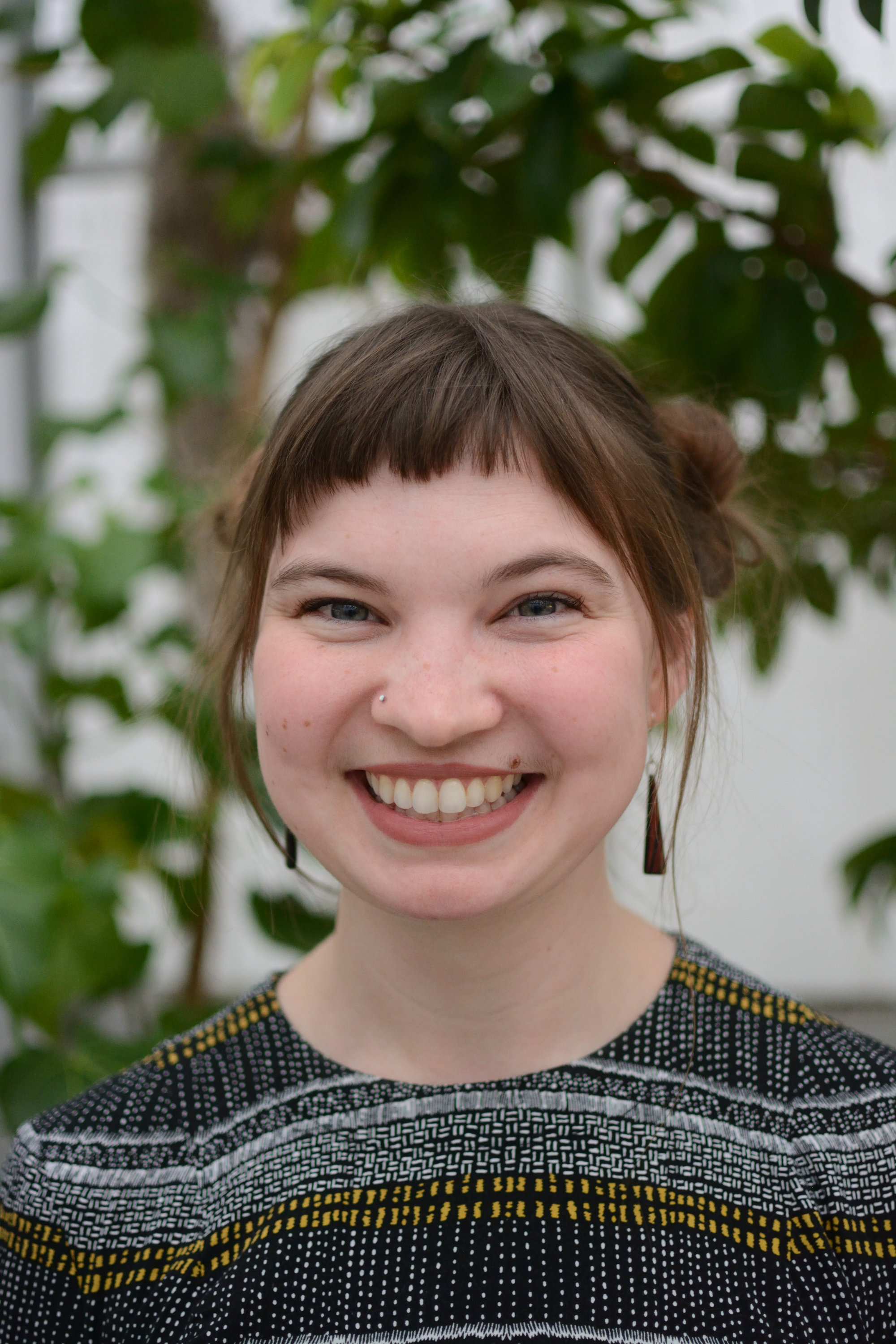Home › Forum topic › Announcements › Research Opportunity for Studying Oak Culture Initiation – Request for Proposals
-
AuthorPosts
-
December 6, 2022 at 9:36 am #14583
 Megan PhilpottCPC Conservation Officer
Megan PhilpottCPC Conservation Officer
Proposals are now being accepted for a unique opportunity in a collaborative research study on the in vitro culture initiation in species of Quercus (oaks). This is part of a grant funded by the Institute of Museum and Library Services, entitled, Advancing the Science of Conservation Cryobiotechnology: Using Oaks as a Model for Improving the In Vitro Technologies Supporting Exceptional Plant Conservation, awarded to the Cincinnati Zoo & Botanical Garden’s Center for Conservation and Research of Endangered Wildlife (CREW). This study will evaluate the effects of taxonomy and developmental and environmental parameters on the initiation of oak cultures, and data from awarded projects will become part of a larger dataset for analysis.
Ten grants of up to $5000 will be awarded to study either shoot culture or somatic embryo culture initiation of any species of oak. Cultures must be initiated from trees at least 1 year in age. Protocols will be provided, although additional protocols can also be proposed and tested.
Eligibility: U.S. botanical gardens, zoos, governmental and academic institutions, and others with the ability to conduct in vitro research.
Goal and Scope of the Project: The goal is to create a large dataset of information on factors that can affect the success of initiating shoots or somatic embryos of oaks in in vitro culture. These will include species, the stage of the tissue used, age of the tree, habitat of the tree, and pre-collection weather information. These types of tissues will be needed in the future for cryobanking tissues of oaks for ex situ conservation, and this project is directed at better understanding and improving the success rate of initiating such cultures. CREW will be creating and managing the dataset and adding data from their own studies. These grants are provided to evaluate the effectiveness of technology transfer by providing a standard protocol to other labs, as well as to solicit additional ideas and approaches for improving this process. Guidance will be provided for the types of data on tissue responses needed for the study and will require the use of a dissecting microscope for observations. Data will be uploaded by the collaborators into a common electronic notebook that will be administered at CREW, where the larger dataset will be analyzed.
Timeline: Grant collaborators will meet virtually as a group in late February or early March, 2023, to discuss the project and plan for the work that will begin in the spring of 2023. A second virtual meeting will be held in late fall of 2023 to review results to that point and discuss successes and challenges. Any improvements will be applied during the second collection in spring of 2024. A final virtual meeting will be held in late 2024/early 2025 to review the project, discuss results and make recommendations for the future. At the completion of the project, collaborators will be required to submit a written report, as well as a report on the time devoted to the project and expenses, both of grant funds and any additional supplied by other sources. This data on costs will also be combined to help evaluate the time and resources needed for research on protocol development. Contributors of data will be offered co-authorship on a publication on the large oak culture dataset analysis that will result from this study.
To apply, please provide the following information:
· Name of applicant and institutional affiliation with address and email contact information.
· Applicant’s 2 page CV.
· Facilities description relevant to this type of research
· Have you or your colleagues worked with oaks before, and if so, in what capacity?
· Species of oak that will be used and source of material. Sources may be either living collections or wild, and any permissions needed must be obtained by the grantee. We encourage testing species that have had little or no representation in the literature if they are available to you.
· We will provide a standard protocol, but we encourage additional tests of your own interest and design, as well. Please describe any types of factors you would be interested in testing in working to initiate oak tissues into tissue culture.
· Who will be involved in the work and in what capacities? Provide a brief description of the participants or potential participants and their background, particularly as it is relevant to this project. Preference will be given to applications that involve students, interns, or young scientists.
· A short budget for the project, indicating needs for salary, supplies, travel, shipping, or other. Maximum awards will be $5000.
· Indicate how you will track time and expenses for the project. Because one goal of the project is to evaluate time and resources used, if additional funds or resources are used beyond the grant funds, they should also be tracked.
Applications should be emailed to epcn@cincinnatizoo.org and must be received no later than midnight, U.S. Eastern Time, January 6, 2023. Decisions will be made by February 1, 2023. The projects will begin in March, 2023, and must be completed by February, 2025. Please email the PI, Dr. Valerie Pence, at epcn@cincinnatizoo.org with any questions.
-
AuthorPosts
- This topic has 0 replies, 1 voice, and was last updated 2 years, 8 months ago by
 Megan Philpott.
Megan Philpott.
- You must be logged in to reply to this topic.